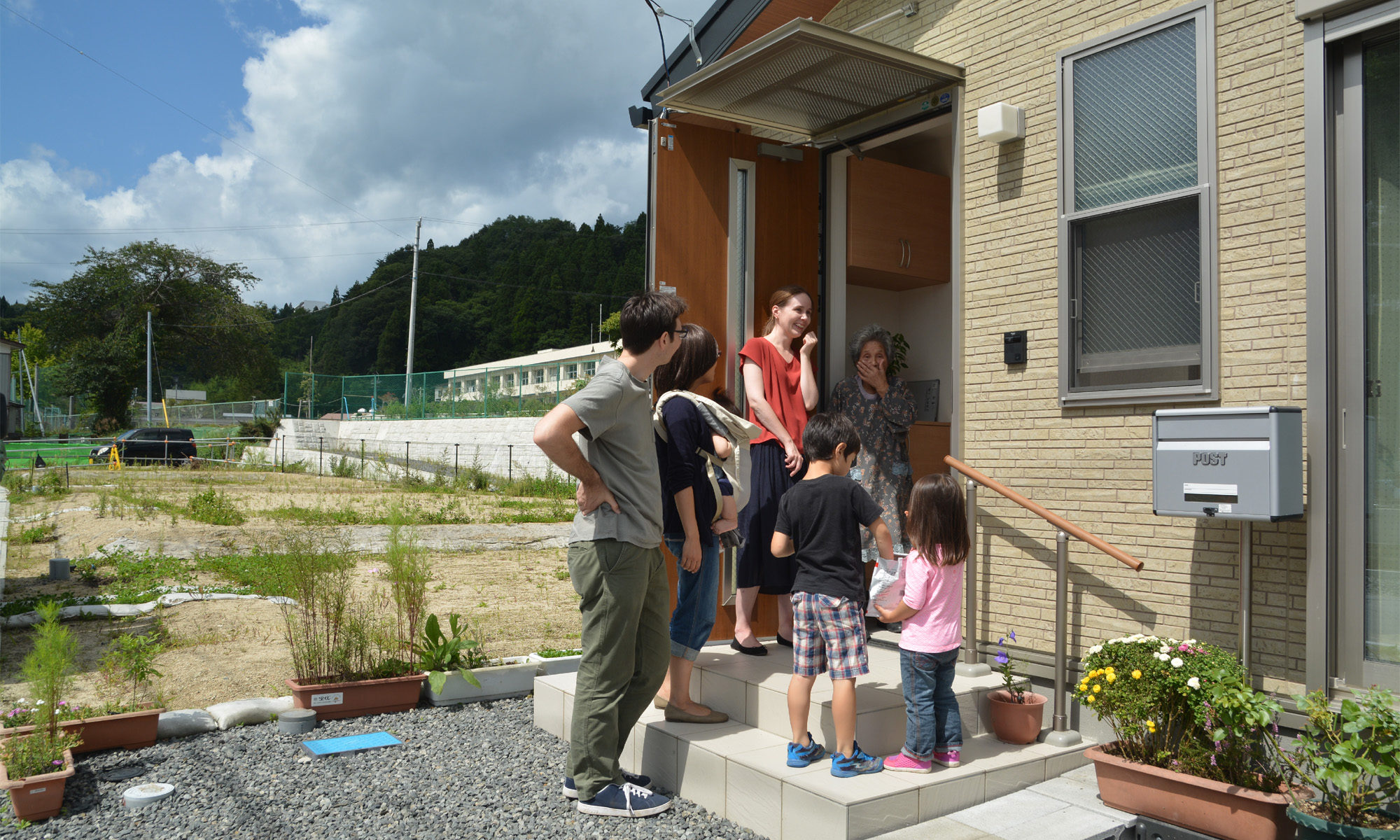This week we’re going to be looking at the unique challenge presented by the Japanese tradition and belief in Ancestor worship. But before we get into that, I’d like to give another reason as to why I’m posting these challenges: awareness. Japan is very frequently overlooked when it comes to missions. Most don’t recognize the need, because Japan seems to have it all together. In an economic, political and social sense they are doing very well in comparison to many other countries. Yet in a spiritual sense they are in desperate need of help.
Japan has proven to be among the most resistant places on earth in terms of receiving the Gospel. Right now in Japan there are no legal barriers to the spread of Christianity; there is freedom of speech, religion and the press. Missionaries are granted visas with little issue, and in fact missionaries have been serving freely, openly and actively in Japan for the last 60 years. Yet despite this openness and continuous activity the percentage of the population which has embraced Jesus Christ remains at less than 1%.
As you read about the challenges in Japan, and become aware of their desperate need for the gospel, I hope you will be motivated to do something about it.
Ancestor Worship
Practically speaking ancestor worship is something of a continuing of a relationship with a dead relative. Not only are distant “Ancestors” revered and respected, but dead grand parents, and parents as well. Many Japanese houses have a small shrine with mementos of their ancestors, small reminders of their lives. Food will be brought to them, and prayers for guidance and help are made. This sort of thing is also carried on at the grave-site, which is most often at a Buddhist Temple. Japanese will visit the grave, clean it off, and share the things that have happened in the past year with their deceased relatives. To the Japanese this is a very respectful and honorable custom, it demonstrates love of ones family and respect for ones ancestors.
But to turn to Christ is to abandon the worship of all other gods. The practice of ancestor worship cannot coexist with the practice of worshiping the true God. This is a difficult thing, both for the convert, and the convert’s family to accept. To the family it is often viewed as though the convert is abandoning them. The converts parents may view this as a sign of disrespect, and fear that they will be alone and forgotten in the after-life, spirits drifting about with no contact with their children or decedents. Fear of rejection by the family, and fear of being perceived to be rejecting the family is a strong barrier that prevents many from turning to follow Christ.
Pray
That Japanese would be freed from the bondage of praying to shrines and graves that cannot hear or help them and instead turn their Creator who loves them, hears them, and powerfully answers prayer. Pray that new believers will be able to demonstrate that they have an even greater love and respect for their families as a Christian than they did before.
Comment
How can Japanese Christians show that while they reject ancestor worship, they still love, honor and respect their ancestors and parents?
